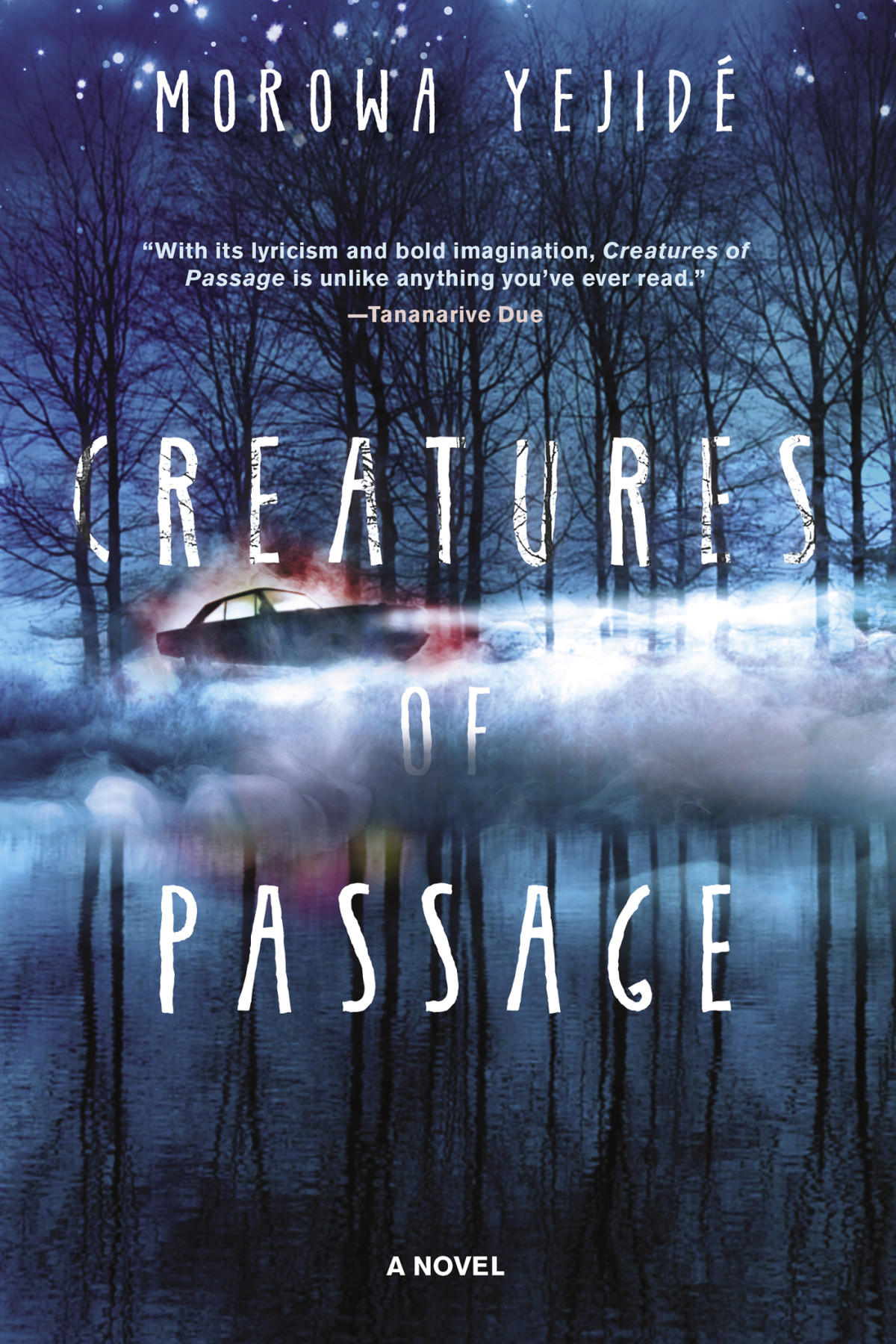

Most ebook files are in PDF format, so you can easily read them using various software such as Foxit Reader or directly on the Google Chrome browser.
Some ebook files are released by publishers in other formats such as .awz, .mobi, .epub, .fb2, etc. You may need to install specific software to read these formats on mobile/PC, such as Calibre.
Please read the tutorial at this link: https://ebookbell.com/faq
We offer FREE conversion to the popular formats you request; however, this may take some time. Therefore, right after payment, please email us, and we will try to provide the service as quickly as possible.
For some exceptional file formats or broken links (if any), please refrain from opening any disputes. Instead, email us first, and we will try to assist within a maximum of 6 hours.
EbookBell Team

4.3
18 reviews"Yejidé follows up her debut, Time of the Locust (2014), with a deeper, broader, and more audacious immersion in magical realism... Historic detail and mythic folklore forge a scary, thrilling vision of life along America's margins." - Kirkus Reviews
Nephthys Kinwell is a taxi driver of sorts in Washington, DC, ferrying ill-fated passengers in a haunted car: a 1967 Plymouth Belvedere with a ghost in the trunk. Endless rides and alcohol help her manage her grief over the death of her twin brother, Osiris, who was murdered and dumped in the Anacostia River.
Unknown to Nephthys when the novel opens in 1977, her estranged great-nephew, ten-year-old Dash, is finding himself drawn to the banks of that very same river. It is there that Dash-reeling from having witnessed an act of molestation at his school, but still questioning what and who he saw-has charmed conversations with a mysterious figure he calls the "River Man," who somehow appears each time he goes there.
When Dash arrives unexpectedly at Nephthys's door one day bearing a cryptic note about his unusual conversations with the River Man, Nephthys must face both the family she abandoned and what frightens her most when she looks in the mirror.
"Creatures of Passage resists comparison. It's reminiscent of Beloved as well as the Odyssey, but perhaps its most apt progenitor is the genre of epic poems performed by the djelis of West Africa...All these otherwise clashing elements become, in this case, a cohesive whole, telling us that this, too, is America." - The New York Times Book Review